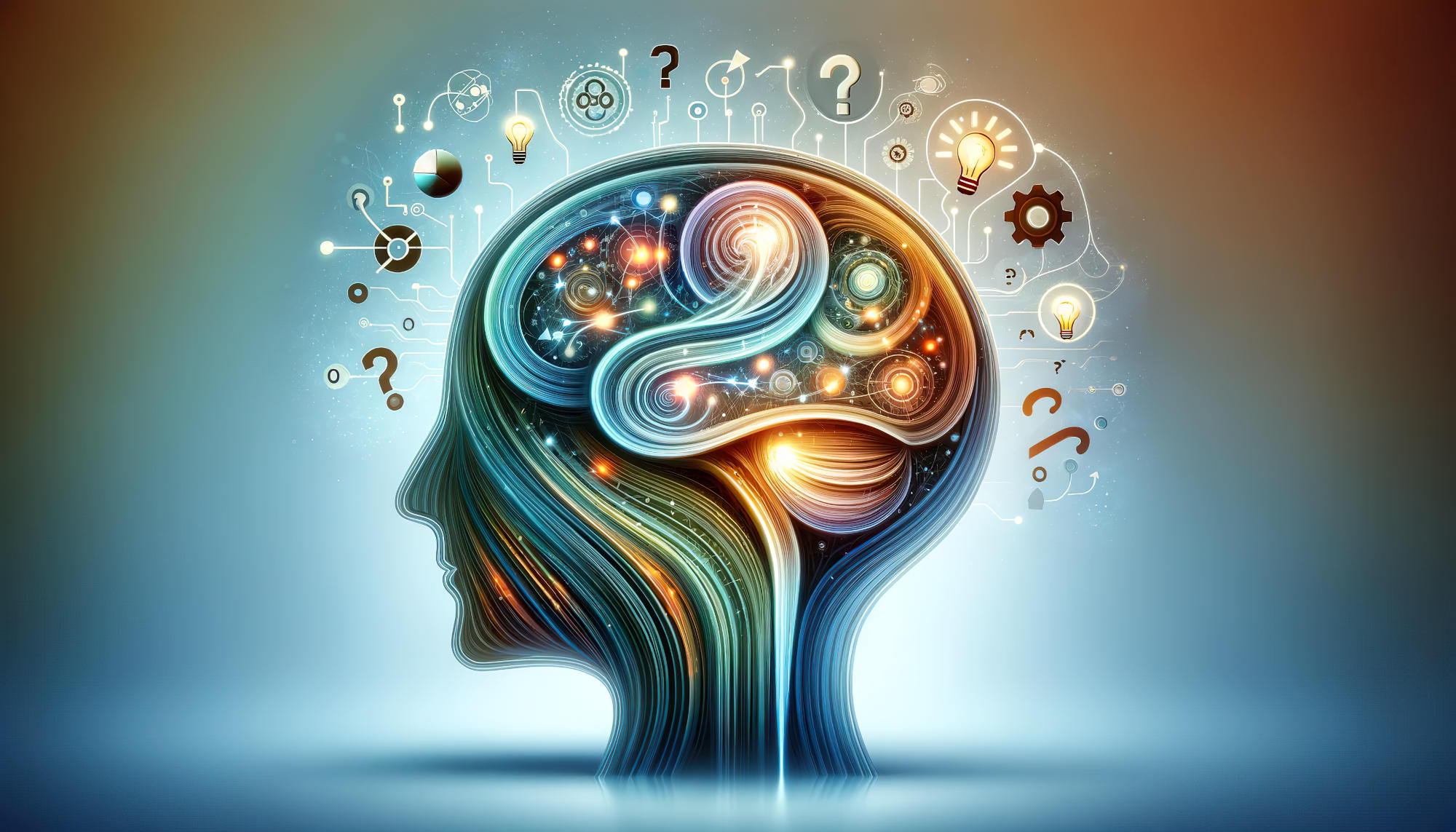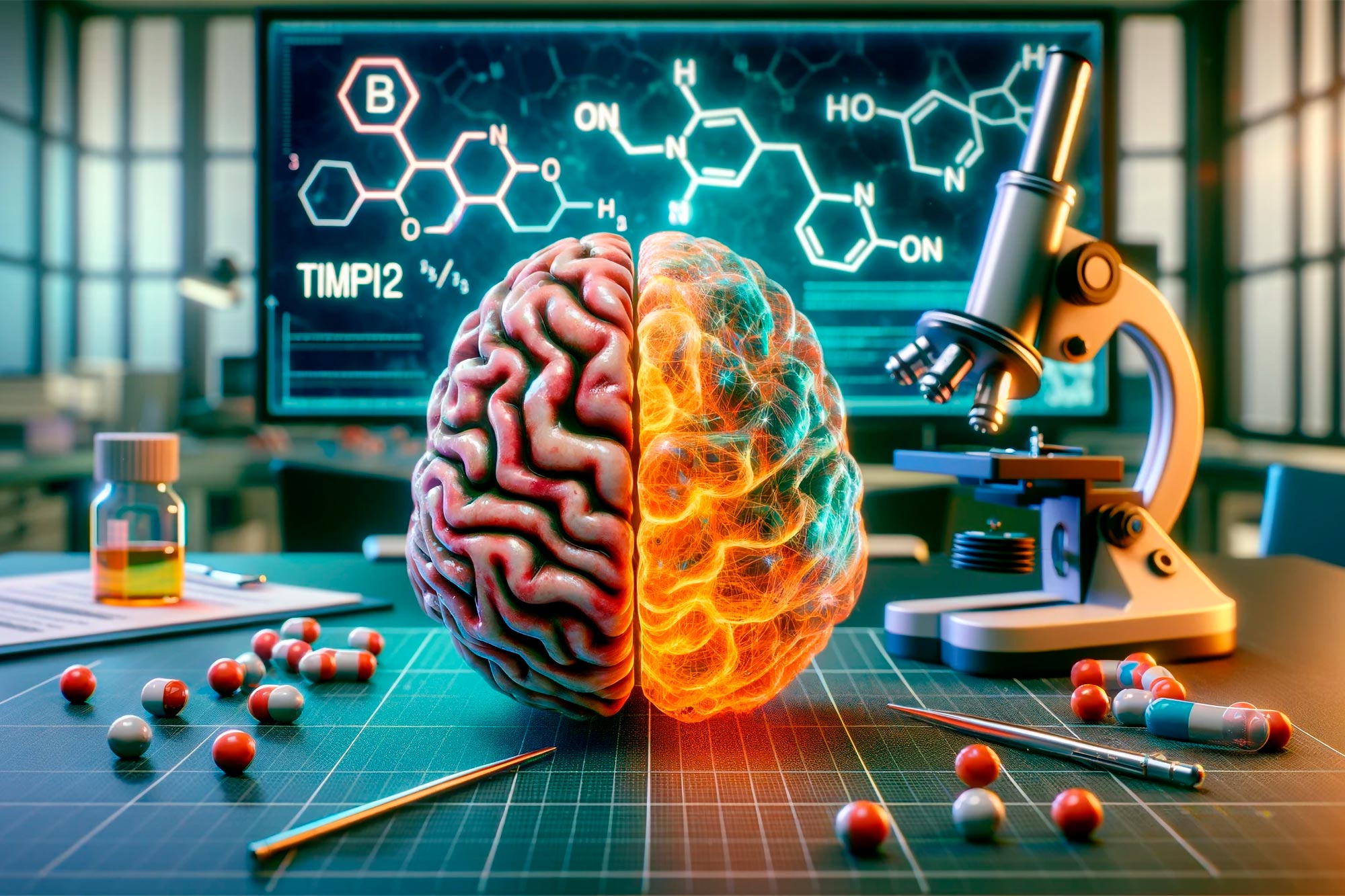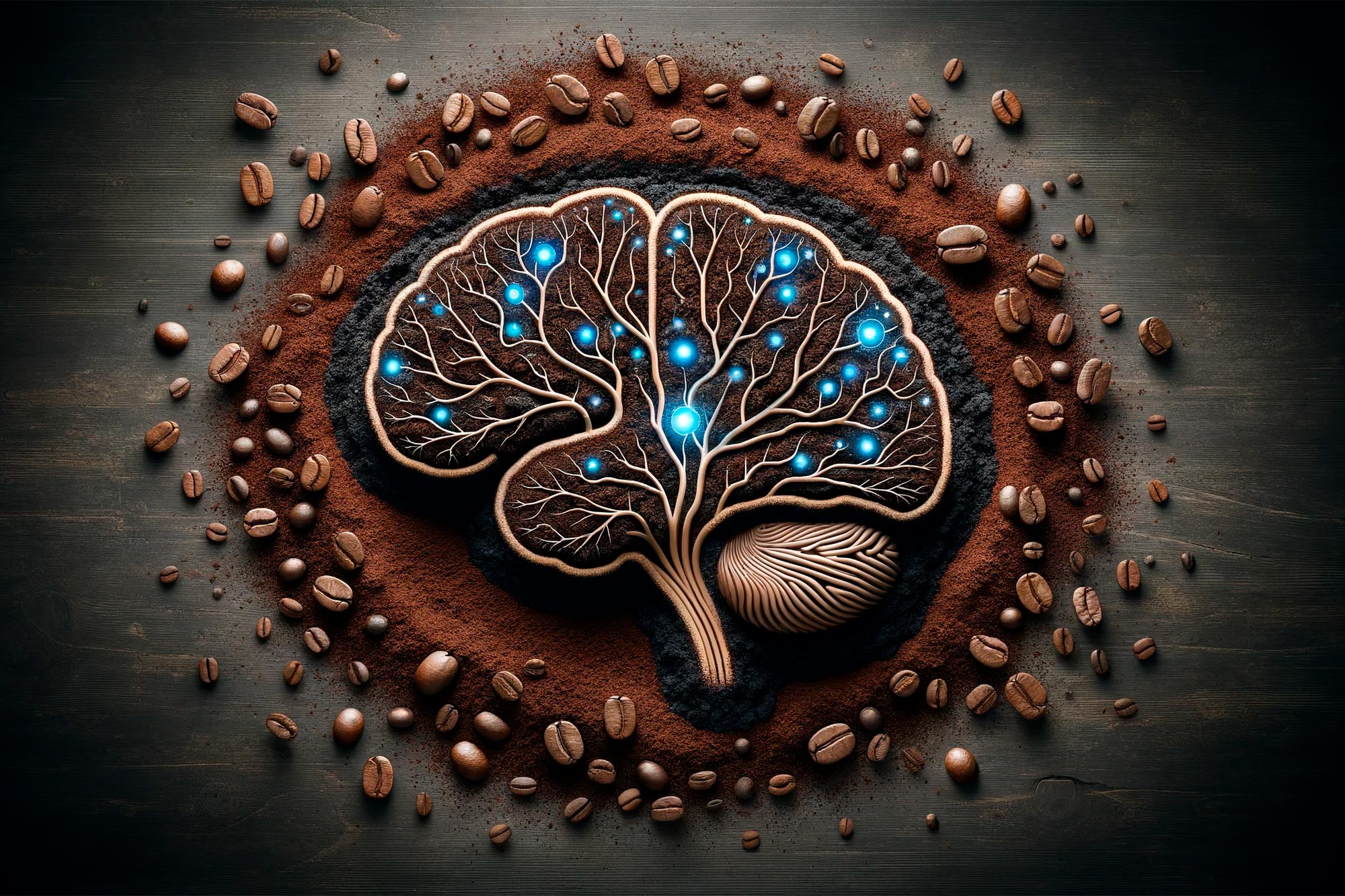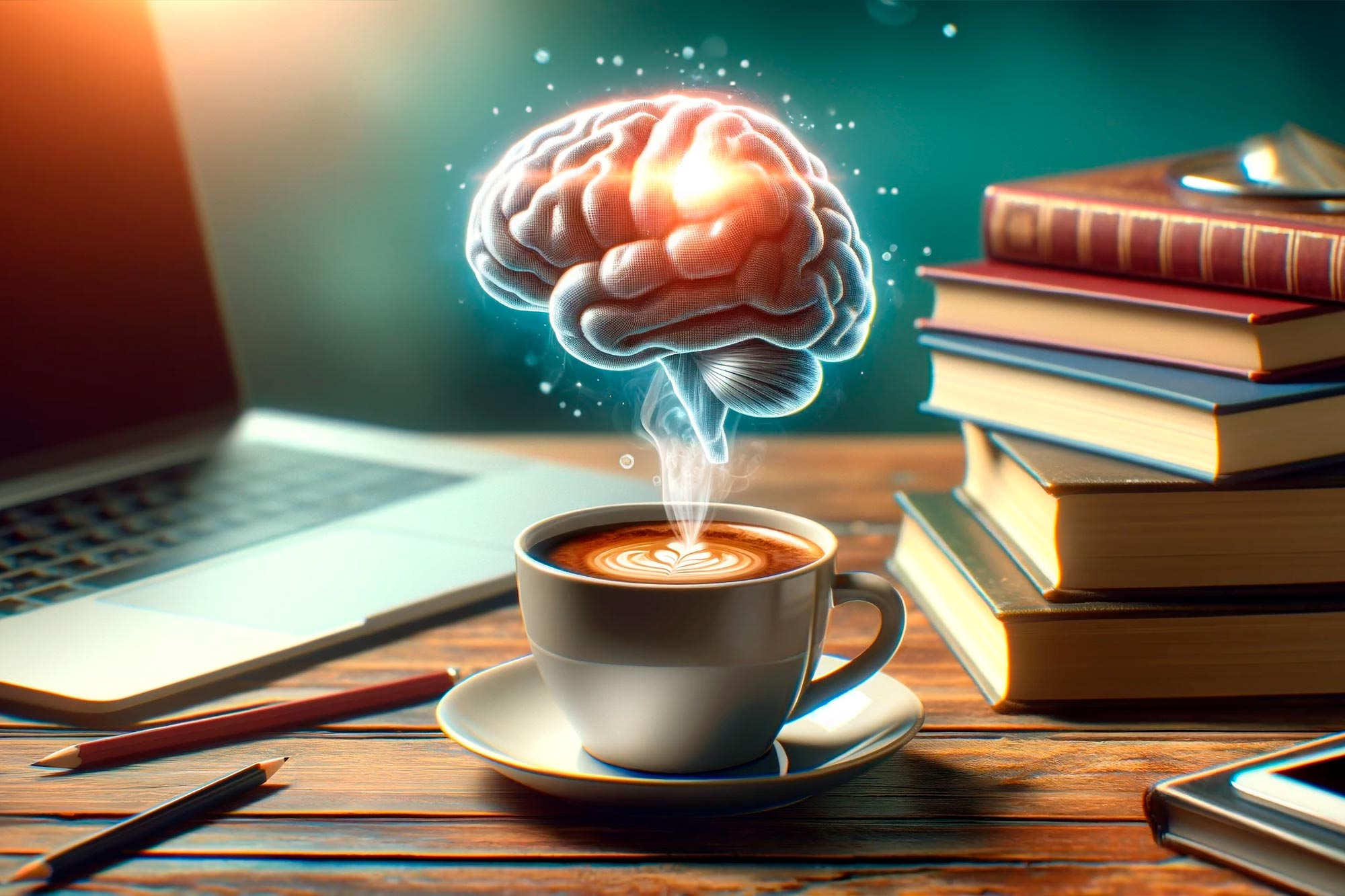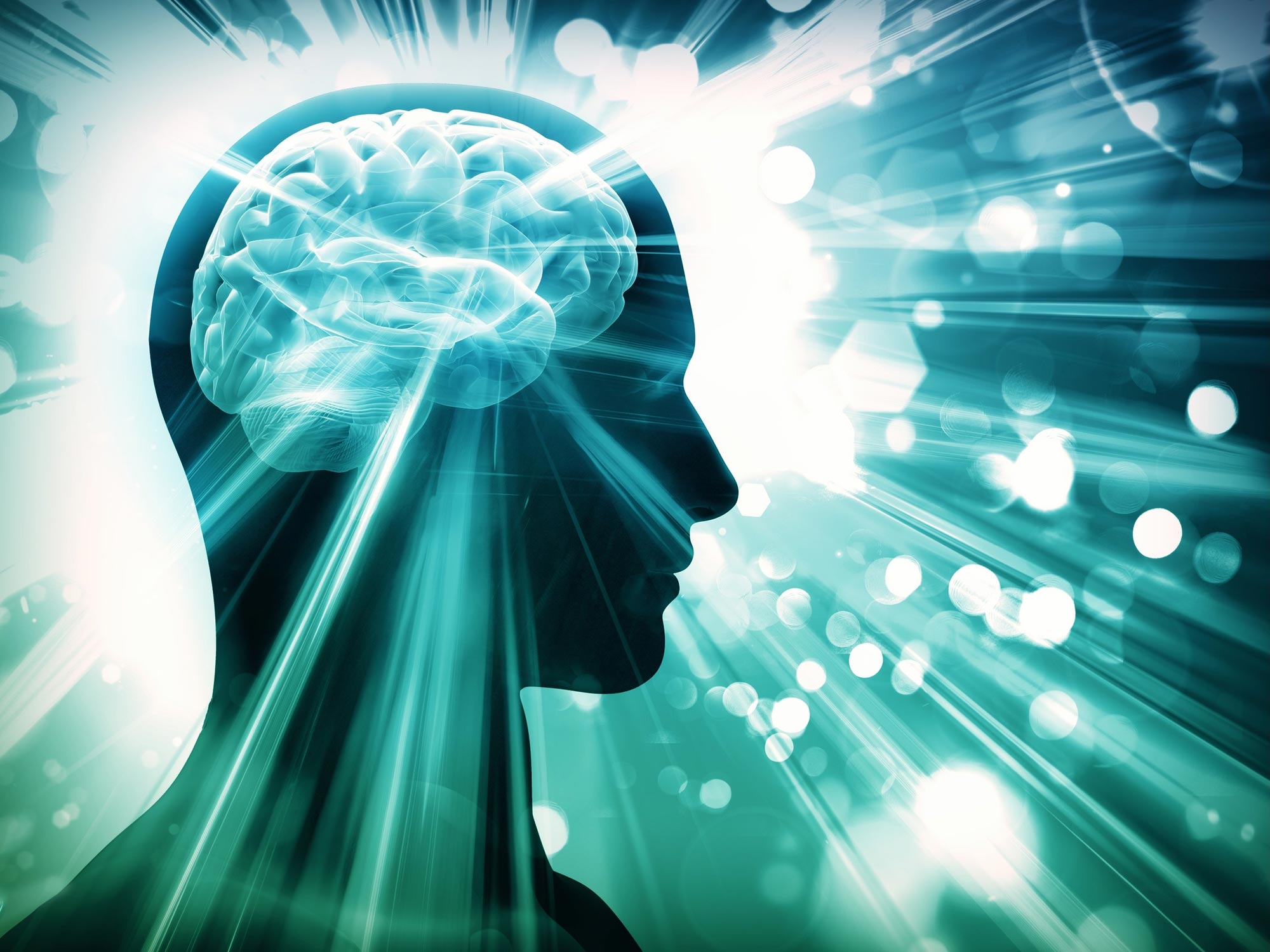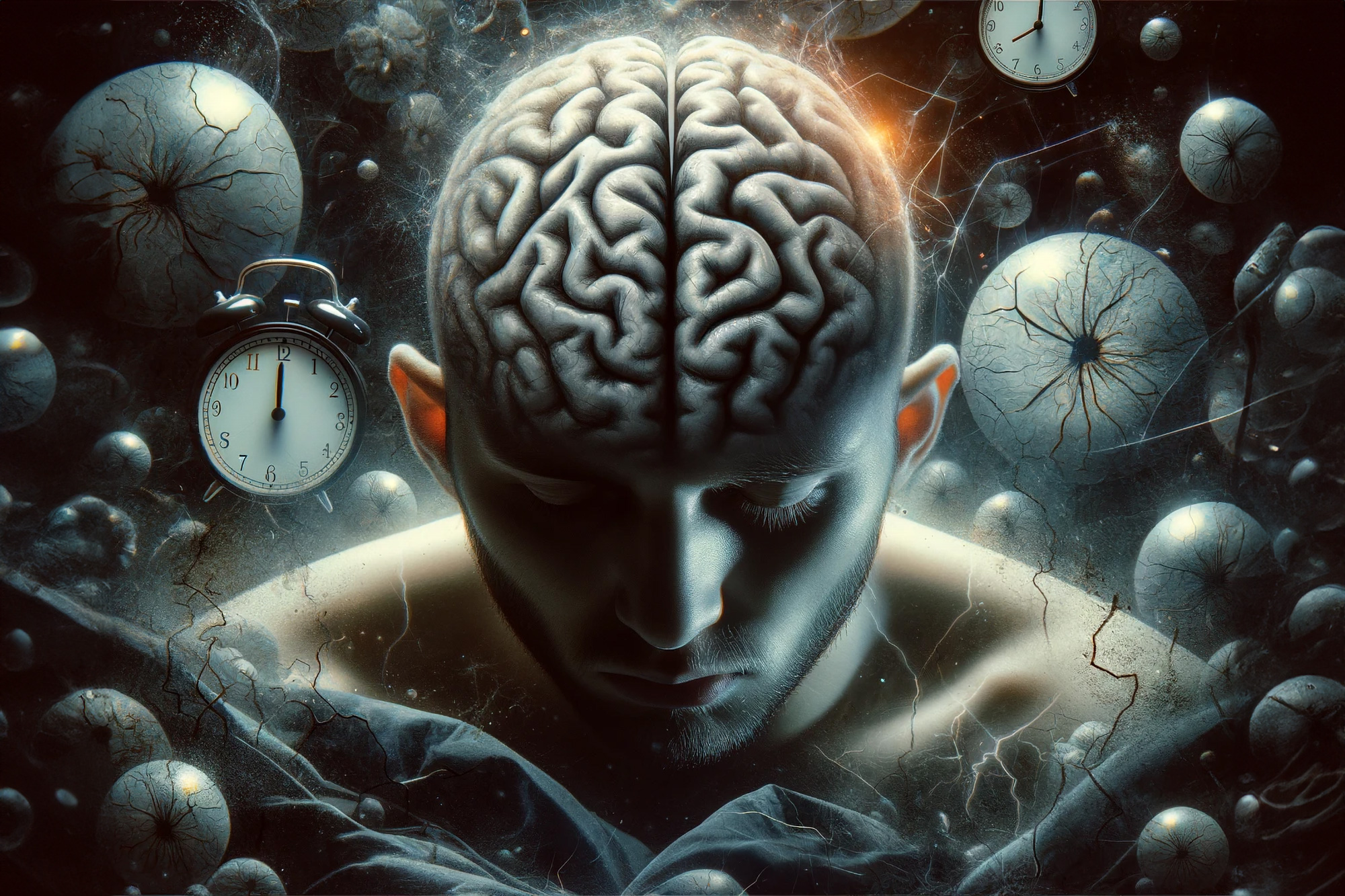Effects of Ketamine Use on the Brain: Similarities to Schizophrenia Warn US Clinics about ‘Special K’ Use
Ketamine May Cause Brain Changes Similar to Schizophrenia, Study Finds In one of the first long-term studies, researchers in New York City tested the effects of ketamine on the brain and found that repeated exposure to the drug led to structural rewiring in areas that produce dopamine, a neurotransmitter associated with memory, mood, sleep, learning, …


